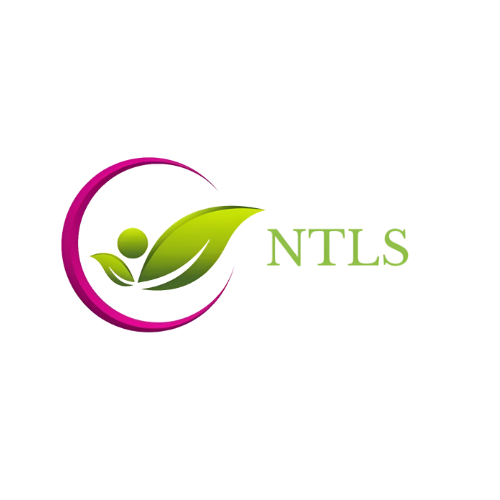ASEAN cosmetic market
The ASEAN Cosmetic Directive (ACD) is a regulatory framework established to harmonize cosmetic regulations across the ten member countries of the Association of Southeast Asian Nations (ASEAN). This directive aims to facilitate trade, ensure consumer safety, and promote the quality of cosmetic products in the region. All cosmetic products must comply with these regulations and undergo a notification process through a registered Responsible Person (RP) in each member state where they are sold. The RP is responsible for ensuring product safety and maintaining a Product Information File (PIF) that includes safety data and manufacturing practices
Overview of ASEAN Cosmetic Directive
Member Countries
The ACD applies to the following ASEAN member states:
- Brunei Darussalam, Cambodia, Indonesia, Laos, Malaysia, Myanmar, Philippines, Singapore, Thailand, Vietnam
Definition of Cosmetics
According to the ACD, cosmetics are defined as any substance or preparation intended to be placed in contact with external parts of the human body (such as skin, hair, nails, lips) or with teeth and mucous membranes for purposes like cleaning, scenting, changing appearance, or protecting them.
Key Features of the ACD
Harmonization of Regulations
- Standardized Requirements: The ACD establishes common technical requirements for cosmetics, including definitions, labeling, and safety standards. This harmonization reduces technical barriers to trade among member countries.
- Mutual Recognition Arrangement: The directive allows for mutual recognition of product registration approvals among member states. This means that a product registered in one country can be marketed in others without undergoing additional approval processes.
Product Registration and Notification
- Pre-Market Notification: Instead of pre-market approval, the ACD adopts a pre-market notification system where manufacturers must notify relevant authorities in each member state before marketing their products.
- ASEAN Dossier: Manufacturers are required to prepare an ASEAN dossier that includes product formulation details, safety reports, and compliance with local regulations. This dossier must be submitted for notification in each targeted country.
Ingredient Management
- Negative and Positive Lists: The ACD includes a negative list of banned substances and a positive list of permitted ingredients (such as certain preservatives and UV filters). Additionally, there are restrictions on specific ingredients subject to limits.
Good Manufacturing Practices (GMP)
Manufacturers must adhere to GMP standards to ensure product quality and safety throughout the production process. Compliance with these practices is essential for maintaining consumer trust and regulatory approval.
Post-Market Surveillance
The ACD emphasizes post-market surveillance to monitor the safety and efficacy of cosmetic products after they have been placed on the market. This includes reporting adverse effects and ensuring ongoing compliance with safety standards.
Responsibilities of Manufacturers
- Compliance with Local Regulations: Manufacturers must ensure that their products comply with specific regulations in each ASEAN country where they are marketed.
- Labeling Requirements: Products must have accurate labels that meet local language requirements and include necessary information about ingredients and usage.
- Safety Assessments: Before marketing, manufacturers need to conduct safety assessments for their products to ensure they are safe for consumer use.
Conclusion
The ASEAN Cosmetic Directive serves as a crucial framework for regulating cosmetics within the ASEAN region. By harmonizing regulations across member states, it facilitates easier market access for manufacturers while ensuring consumer safety through standardized practices. Compliance with the ACD is essential for any company looking to enter or operate in the ASEAN cosmetics market, as it helps mitigate risks associated with regulatory non-compliance and enhances product credibility among consumers.

Get in Touch
Have questions or need expert guidance on regulatory compliance? We’re here to help! Contact us today to discuss how NTLS can support your business.
